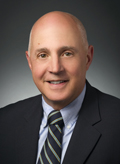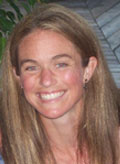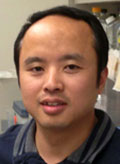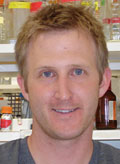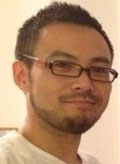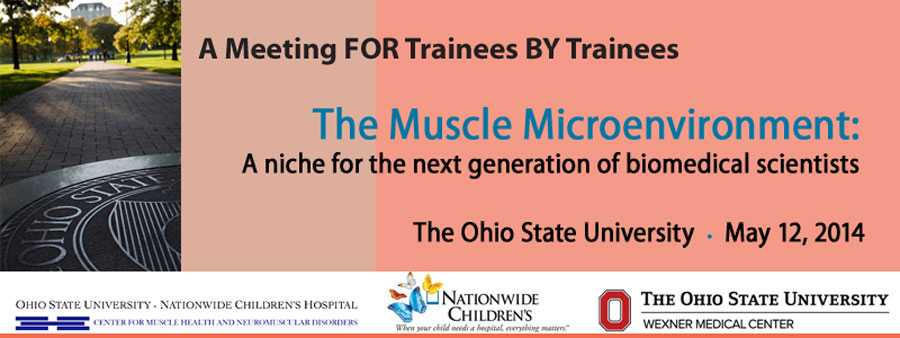| |
 |
Kiersten S. Smith, PhD
Senior Medical Writer
Vertex Pharmaceuticals, Inc.
As a Senior Medical Writer, Dr. Smith prepares clinical study and regulatory documents that support the Kalydeco® cystic fibrosis therapeutic program at Vertex Pharmaceuticals. She also currently serves as the Medical Writing Department co-program lead for Kalydeco; in this role she oversees program activities and manages the execution, completion, and delivery of deliverables that support clinical, safety, regulatory, and business needs.
Before joining Vertex in 2011, Dr. Smith was an Instructor for 1 year and a postdoctoral fellow for 3 years in the Laboratory of Genetic Neuropharmacology in the Department of Psychiatry at McLean Hospital and Harvard Medical School. Her research focused on examining the neurobiological underpinnings of anxiety, fear, and depression using GABAA transgenic and knockout mice. During this time she also helped her PI write and prepare numerous grant applications which helped secure federal funding for the laboratory. For her training, Dr. Smith earned a Ph.D. in Behavioral and Neural Science from Rutgers, The State University of New Jersey-Newark, and a B.A. in Psychology from Barnard College.
|
